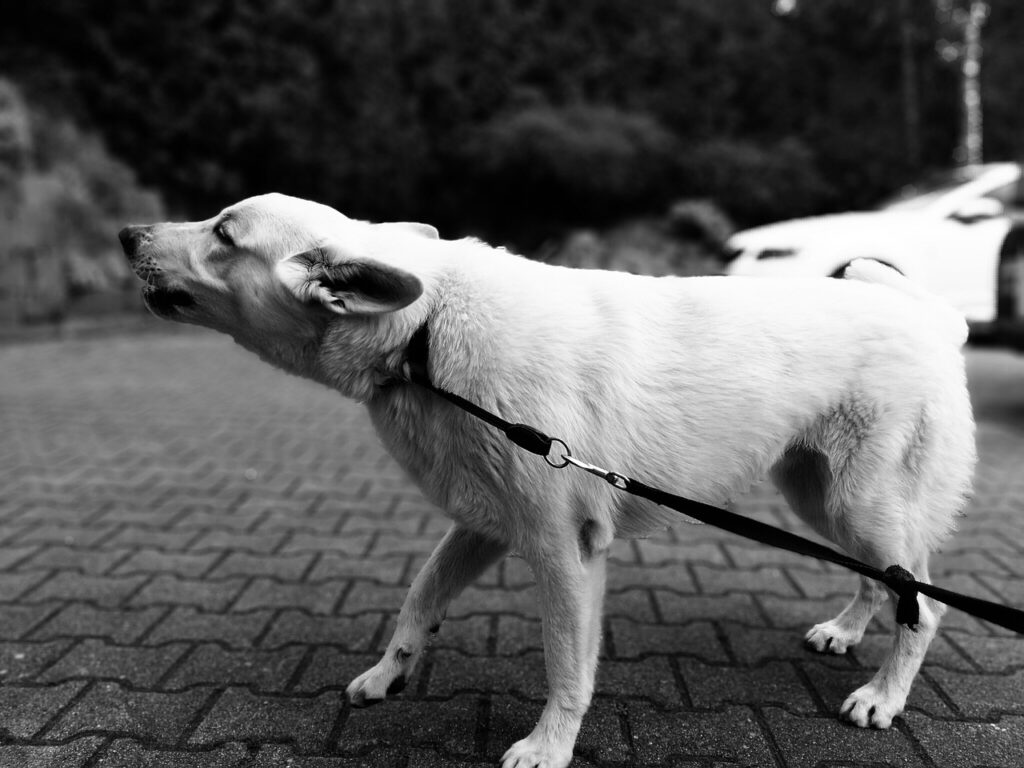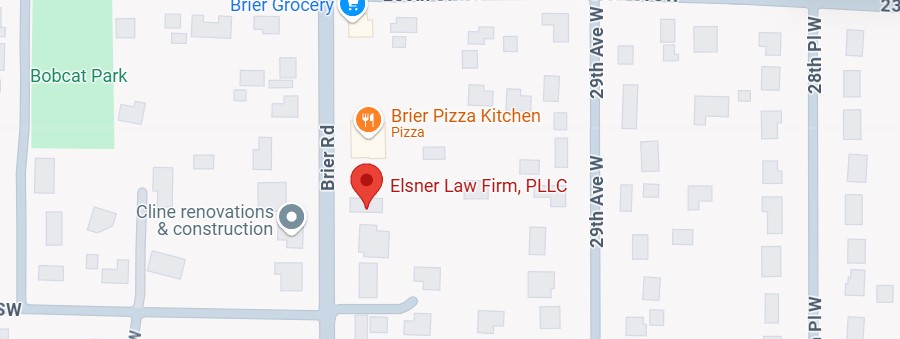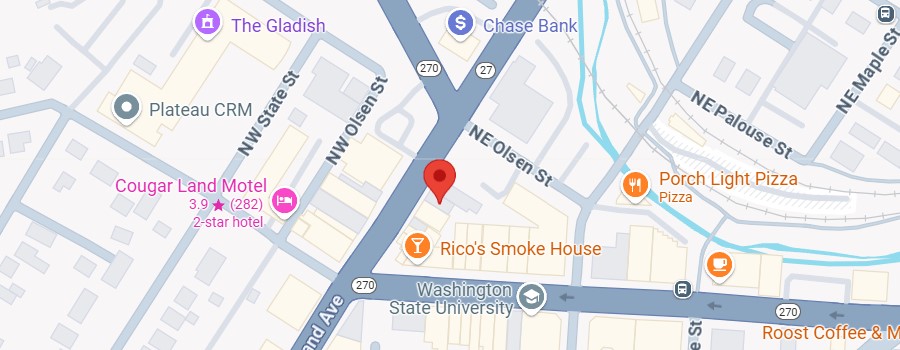Can a Car be Totaled in a Rear End Collision?
Car accidents are a common occurrence on the roads, and rear-end collisions are among the most frequent types of automobile accidents that result in personal injury. In a rear-end collision, the car that is hit from behind is often left with significant damage. One of the questions that arise after such an accident is whether the car is considered totaled. In this blog post, we will explore this legal topic and provide answers to some of the frequently asked questions.
What is a Totaled Car?
A totaled car is a vehicle that has been damaged to the extent that the cost of repairing it exceeds its value. In other words, if the cost of repairing the car is more than what the car is worth, then the car is considered totaled.

When a car is totaled, the insurance company will typically pay the owner the actual cash value of the car, which is the fair market value of the vehicle immediately prior to the loss.
What is a Settlement?
A settlement is an agreement between the parties involved in a legal dispute to resolve the matter without going to trial. In the context of a car accident, a settlement is an agreement between the injured party and the insurance company to compensate the injured party for their losses. The settlement amount is typically based on the extent of the injuries, the cost of medical treatment, and the value of the damaged property.
How Does the Settlement Process Work?
After a car accident, the first step is to report the accident to the police and your insurance company or the insurance company of the vehicle that hit you. If you do not have collision coverage, then you will have no choice but to go with the at-fault party’s insurance. The insurance company will then send an adjuster to assess the damage to your car and determine whether it is totaled. If the car is deemed totaled, the insurance company will offer you a settlement amount based on the actual cash value of the car.

If you accept the settlement offer, you will sign a release form that waives your right to pursue any further legal action against the insurance company. If you do not accept the settlement offer, you may choose to negotiate with the insurance company or file a lawsuit to seek compensation for your losses.
What Are Some Relevant Laws for Washington State?
In Washington State, the law requires insurance companies to pay the actual cash value of a totaled car. However, the law does not define what constitutes a totaled car. Instead, the determination of whether a car is totaled is left to the discretion of the insurance company.
In the case of Kuehn v. State Farm Mutual Automobile Insurance Co., the Washington State Supreme Court held that an insurance company must pay the actual cash value of a totaled car, even if the car could be repaired for less than the value of the car. The court also held that the insurance company must consider the cost of repairing the car when determining the actual cash value.
What Are the Value Amounts that Determine if a Car is Totaled?
Let’s consider two examples to illustrate how the process works.
John’s car is rear-ended by another car, and the damage to his car is estimated to be $10,000. The insurance company determines that the actual cash value of John’s car before the accident was $8,000. Since the cost of repairing the car exceeds its value, the insurance company deems the car totaled and offers John a settlement of $8,000.
Sarah’s car is rear-ended by another car, and the damage to her car is estimated to be $1,000. The insurance company determines that the actual cash value of Sarah’s car before the accident was $7,000. Since the cost of repairing the car is less than its value, the insurance company deems the car repairable and offers Sarah a settlement of $1,000 to cover the cost of repairs.

Note: the insurance company will use the VIN number to determine the accessories that are on the vehicle. If you installed after-market parts such as special wheels, a tow package, etc. and you have receipts for those items, the insurance company may adjust the value of the vehicle. Unfortunately, however, things like new brakes aren’t generally considered in the valuation because they are considered to be maintenance items.
Do I Need a Lawyer?
If you are involved in a rear-end collision and your car is deemed totaled, a lawyer can help you navigate the process of negotiating a settlement with the insurance company. An experienced personal injury lawyer can also help you determine whether the settlement offer is fair and reasonable based on the actual cash value of your car.
If you choose to file a lawsuit, a skilled lawyer can help you gather evidence to support your case and represent you in court. A lawyer can also help you understand your legal rights and options and provide guidance on the best course of action to take. If you are involved in a rear-end collision, contact Elsner Law Firm at 206-447-1425 for a free case evaluation.






